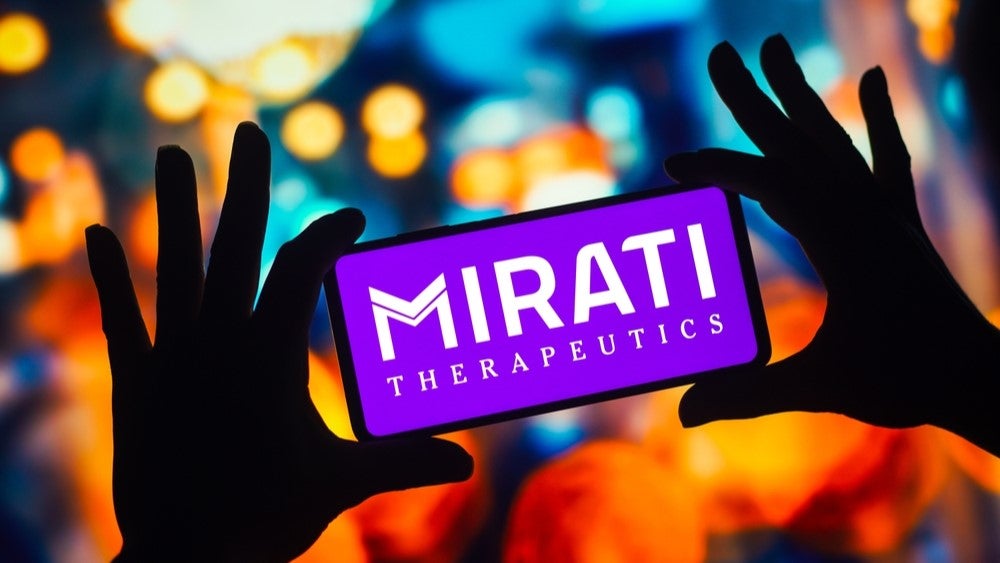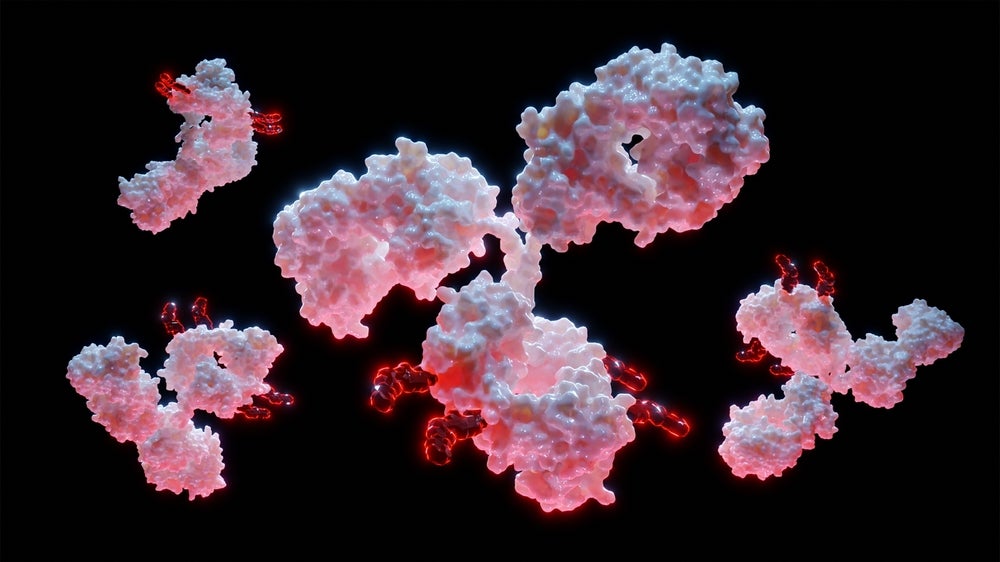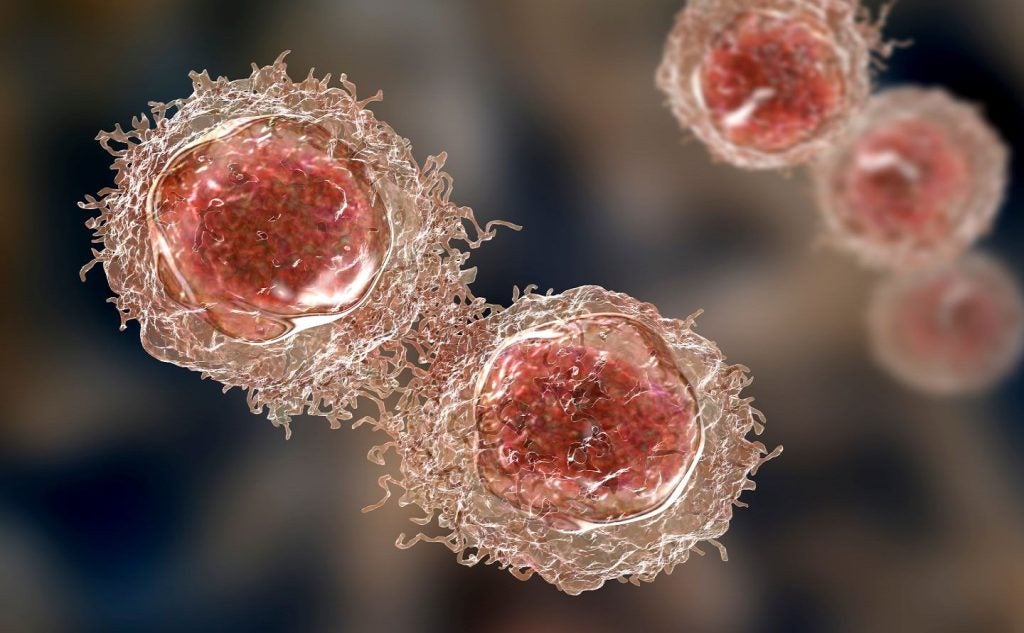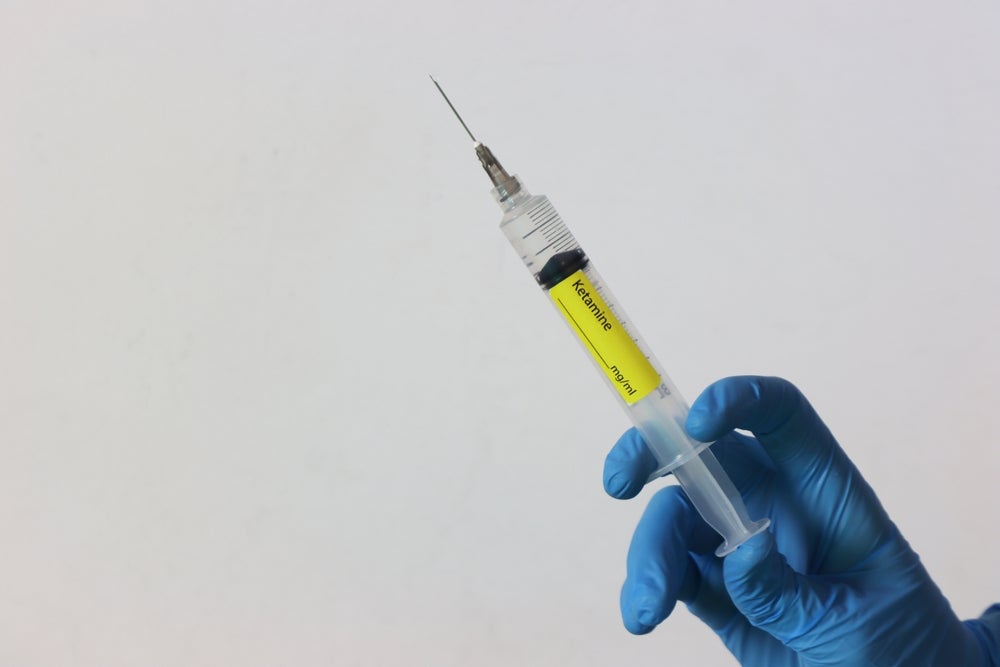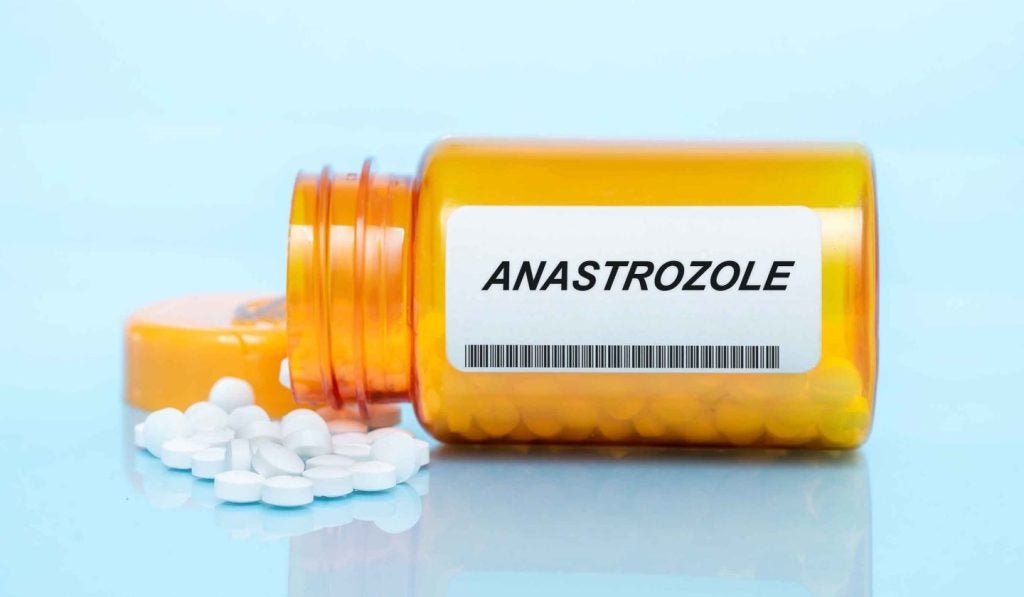Mirati Therapeutics has received conditional marketing authorisation approval for Krazati (adagrasib) from the UK’s Medicines and Healthcare Products Regulatory Agency (MHRA).
Krazati targets an altered protein produced by a KRAS-G12C mutation, thereby making it inactive. It has received accelerated approval by the US Food and Drug Administration (FDA) as a second-line treatment for adult patients with KRAS-G12C mutated locally advanced or metastatic non-small cell lung cancer (NSCLC).
Krazati is forecasted to generate $1.3bn in global sales in 2029 while Amgen’s KRAS inhibitor Lumakras (sotorasib) is forecasted to earn $1bn in global sales in the same period, as per GlobalData’s analysis. However, an FDA Advisory Committee (Adcom) voted against the drug’s full approval in NSCLC.
GlobalData is the parent company of Pharmaceutical Technology.
The conditional approval was based on data from the open-label Phase I/II trial (NCT03785249), as per a 3 November press release. In September, Mirati presented two-year follow-up data from the trial, which showed a median overall survival (OS) of 14.1 months.
In July, the European Medicine Agency's (EMA) Committee for Medicinal Products for Human Use (CHMP) issued a negative opinion for the conditional marketing authorisation application (MAA) for Krazati. According to the CHMP, while the drug had a positive risk-benefit profile, it did not fulfil certain requirements for issuing an MAA. Mirati has since requested a formal re-examination of the conditional MAA, as per the company’s Q2 financials.
A confirmatory Phase III study (NCT04685135) evaluating Krazati in previously treated patients with KRAS-G12C mutated NSCLC is ongoing. The trial compares the drug with a standard chemotherapy, docetaxel.
Last month, Bristol Myers Squibb entered a definitive merger agreement to acquire Mirati, which will expand its oncology portfolio. The multi-billion-dollar deal is expected to close by H1 2024.


